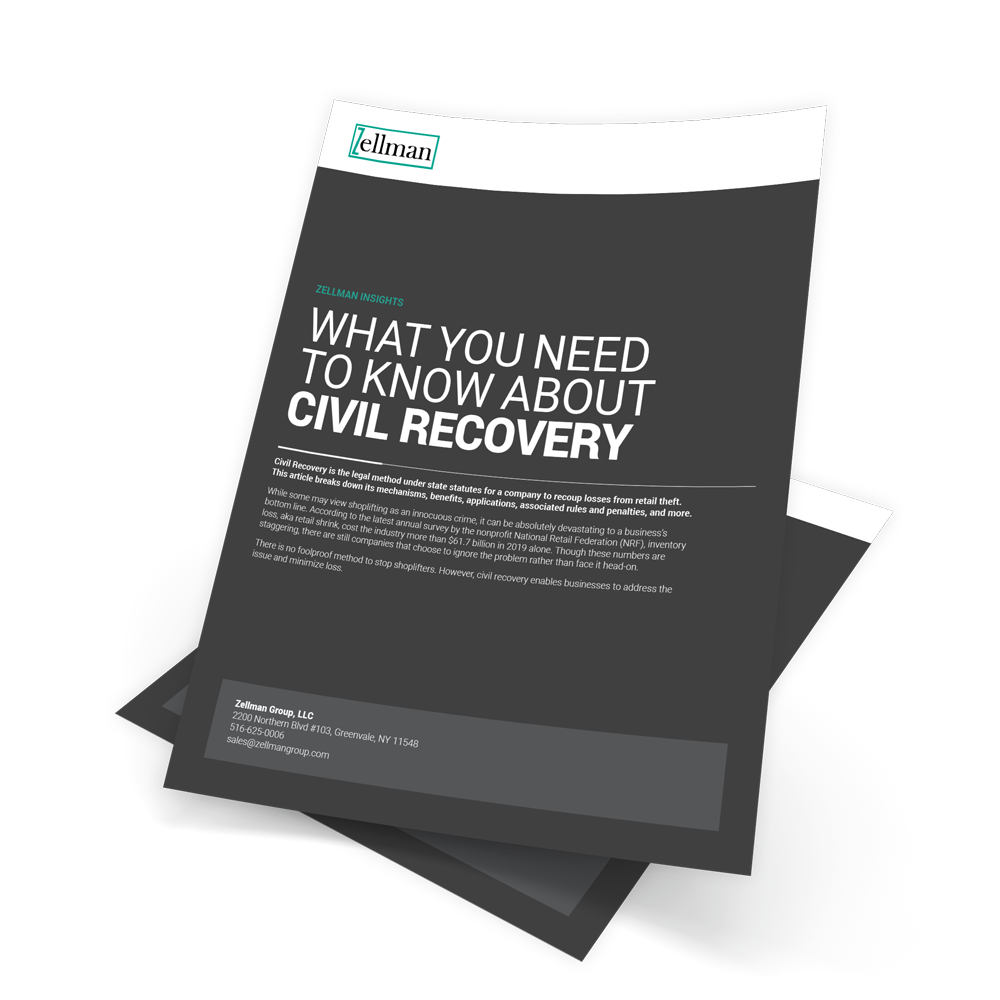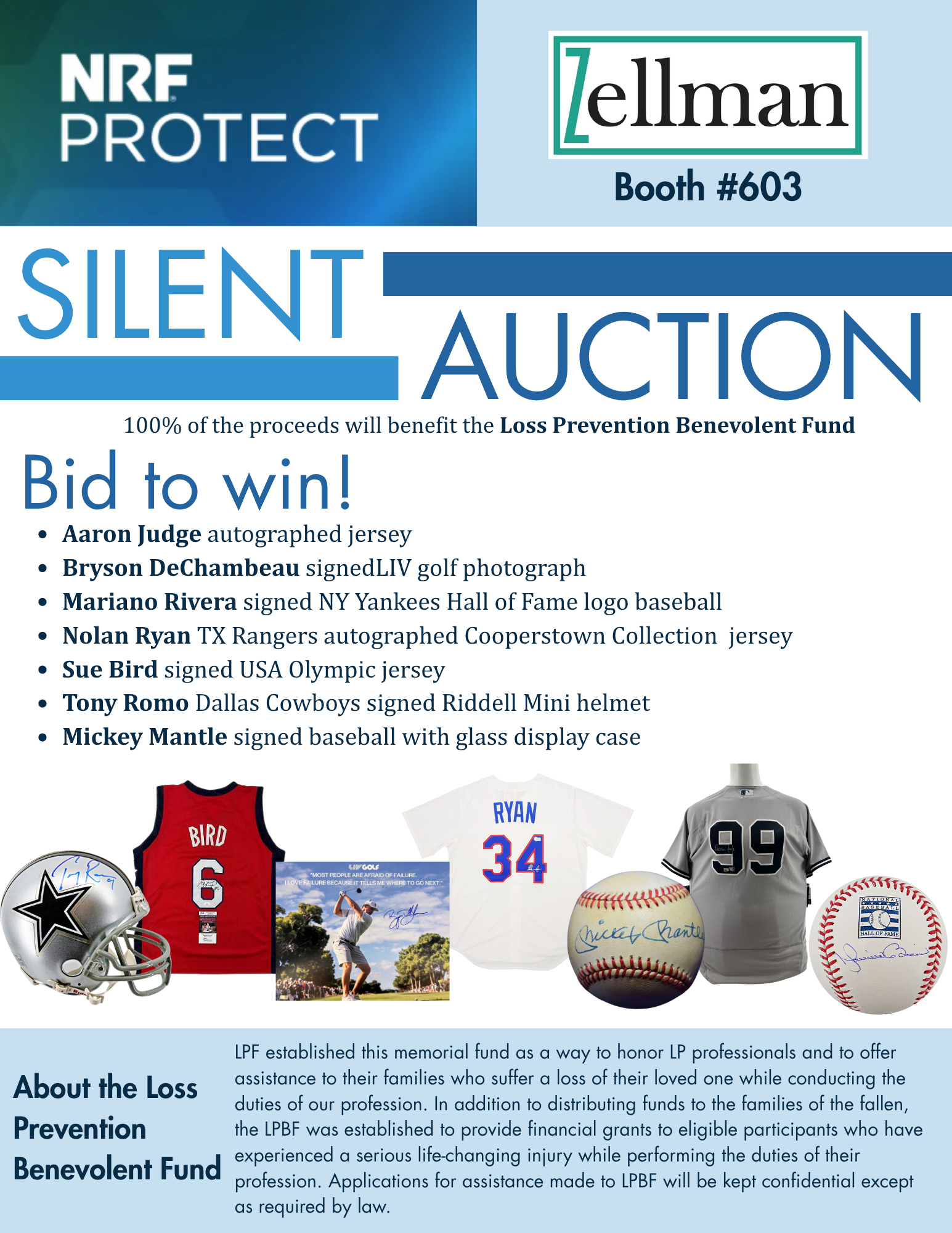Each year, the National Retail Federation (NRF) surveys a wide range of retailers with the goal of understanding the state of Organized Retail Crime (ORC), its effects on the retail industry, and the measures being taken to combat it. The NRF makes those findings public so retailers nationwide feel capable of facing this challenge with confidence.
You can read the full 2020 report here or a brief summary of its findings below.
2020 presented unexpected challenges for retailers in the face of COVID-19. Though much about the industry changed in response to the pandemic, organized retail crime remained a reality that businesses still had to face.
The cost of ORC, in fact, grew in 2020: 75% of surveyed retailers indicated experiencing increased instances of ORC activity during the year. Put in terms of dollars and cents, organized retail crime cost retailers an average of $719,548 for every billion dollars in sales last year—a 2.2% increase from 2019 and a staggering 58% increase from just five years ago.
While ORC is a widespread problem that affects retailers nationwide, Los Angeles remains the national center for these activities. Chicago (replacing New York City from 2019) and Miami (replacing Houston) were found to be the second and third biggest hotspots.
The increase in instances and value of ORC appears to coincide with recent changes to state laws, which have increased the threshold for felony charges, unintentionally emboldening ORC gangs to be more aggressive with their criminal activities in the face of lesser penalties.
Despite these increases, most retailers express confidence in law enforcement’s handling of these cases with a 64% satisfaction rate with local authorities and a 55% satisfaction rate with state law enforcement. Still, 60% of respondents indicated that greater federal involvement would be beneficial in the fight against ORC, especially as it relates to interstate activities.
Most retailers have no intention to wait idly for federal intervention, however: 61% reported they are prioritizing anti-ORC efforts in their stores, with the majority indicating that they would be investing in new technology and/or increasing their loss prevention budgets.






